As people think about getting older and needing care, they start considering the cost and what help there is available. Many people have heard of Medicare and Medicaid, but there is a big difference between the two, particularly when it comes to paying for nursing home care.
Medicare, which is available to everyone 65 and over in this country, does not cover nursing home care. The only plan that the government has for nursing home care is Medicaid, which is something that you have to qualify for by having a very low income and very little assets. Here are some of the most important things to know about Medicaid.
- Why do I need Medicaid?
Nursing home care is expensive; nursing home care in Colorado can cost between $7,000-$12,000 or higher per month. If you do not qualify for Medicaid, you will have to pay for any nursing home care for you or your spouse from your own pocket.
- What are the income/assets limits to qualify for Medicaid for nursing home care in
Colorado?
The income and asset limit for Medicaid varies by circumstance. For example, in Colorado a single person is not eligible for Medicaid to pay for your nursing home care if you have more than $2,000.00 in countable assets, including investments and bank accounts and around $2,829.00 per month in income. It is important to note that eligibility requirements also differ state by state. What happens is that if your income or assets are over the allowance, you will end up spending down your own income until you hit the threshold. However, there are ways to plan over time to reduce your disposable asset base and income profile so that you are eligible should the time come.
The America Council on Aging has more details on 2024 Colorado Medicaid Long Term Care Eligibility for Seniors. The limits may change slightly every year, but they are always similarly low.
- Is anything exempt from being considered by a Medicaid application?
Depending on the situation, various assets are exempt. For example, if you are what is called a “community spouse” (such as the spouse of an individual who is receiving Medicaid-funded nursing home care) then the following are currently exempt from Medicaid considerations:
- Circa $154,140.00 in cash;
- Your primary residence as long as your equity in the property does not exceed around $1,071,000.00;
- Your car;
- Some jewelry;
- A funeral plan up to $15,000.00;
- A certain amount of money as a spousal monthly maintenance ranging from $2,465.00 to $3,853.50.
- What do I need to be aware of about Medicaid?
If you want to qualify for Medicaid and aim to reduce your income level and asset base to below the threshold, be aware that there is a five year lookback period from the date of application. This means that any gifts of money or assets that you give within the previous five years will be reviewed and a penalty assessed. You may be disqualified from being eligible for Medicaid for that penalty period. This is why proper advance planning is so important.
- When should I start planning for Medicaid and nursing home care?
I recommend to my clients that they start Medicaid planning when they’re still in good health and not in imminent need of long-term care for the long term. The five year lookback period makes this particular important. This can be as young as in their 60s. As part of the planning, I can put in place vehicles for asset protection such as trusts so that this money is exempt from counting toward your Medicaid limit.
- How much does Medicaid pay towards nursing home care?
If your income and assets come to a total equal to or lower than the Medicaid threshold, Medicaid will pay whatever is necessary for your care. However, any income or assets you have over the threshold must be used first before you are eligible for Medicaid. It is worth bearing in mind that some nursing homes do not accept Medicaid and have to be paid for privately.
If you do not require nursing home care, Medicaid will also contribute to home-based and community-based care, as well as regular Medicaid for care mostly at home and occasionally in assisted living for aged blind and disabled people.
- Do I need an attorney to help me apply for Medicaid?
You can apply for Medicaid independently. If you want more support with this complex application, an attorney can be helpful. However, where an attorney really proves their value is in planning for future Medicaid applications. I can help you avoid any financial missteps that would render you ineligible for Medicaid and make sure that if and when you do need to apply, your financial situation meets the requirements.
We recently held a webinar about how to plan for long-term nursing home care using Medicaid. You can watch the recording on YouTube if you’d like to find out more.
If you would like to get in touch about your situation, please call me on (720) 457 4573 or email me at kate@rockymtnelderlaw.com.
